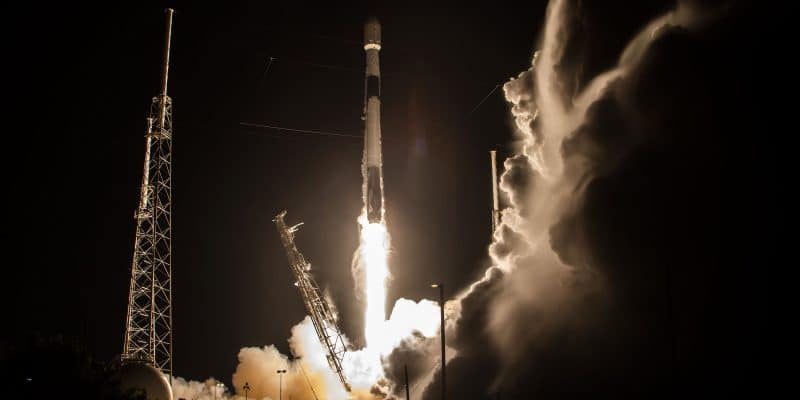The Kenya Space Agency (KSA) is conducting a satellite operation with the technical resources of the American company SpaceX to strengthen its climate resilience to drought.
This is good news for the fight against climate change and disaster prevention. Kenya is launching its “Taifa-1” (Nation-1 in Swahili) satellite from SpaceX’s California base in Vandenberg, USA. According to the Kenyan Ministry of Defense, the initiative, which is part of the national space program, will provide essential data for “agriculture, resource and disaster management, and environmental monitoring.
The space operation will help promote a nation resilient to the effects of climate change as Kenya prepares for African Climate Week (AWC), which opens on September 4, 2023 in Nairobi. The event comes as Kenya and other countries in the Horn of Africa are experiencing prolonged droughts that have been wiping out agricultural production for nearly five years.
In Amboseli, for example, located 160 kilometers south of the Kenyan capital, the phenomenon is exacerbating the depletion of food resources and water shortages, with the result that 205 elephants have died in 2022 alone, according to official figures. In addition to wildlife mortality and food insecurity, the satellite carried by SpaceX’s Falcon 9 launch vehicle will study air pollution spikes in an attempt to improve urban air quality in the coming years.
Read also-KENYA: IFC popularizes Edge certification for green buildings in Nairobi
The “Taifa-1” launch is causing a stir in Africa because Kenya is one of the first countries on the continent to rely on science and technology to accelerate its sustainable development. At the same time, the Kenyan authorities are continuing to build the Konza Technopolis, on which work began in 2012. This is a large technology center located in Machakos County south of Nairobi. Eventually, the smart city project will create 17,000 jobs in the water, energy and waste management sectors, as well as digitize its services.
Benoit-Ivan Wansi






